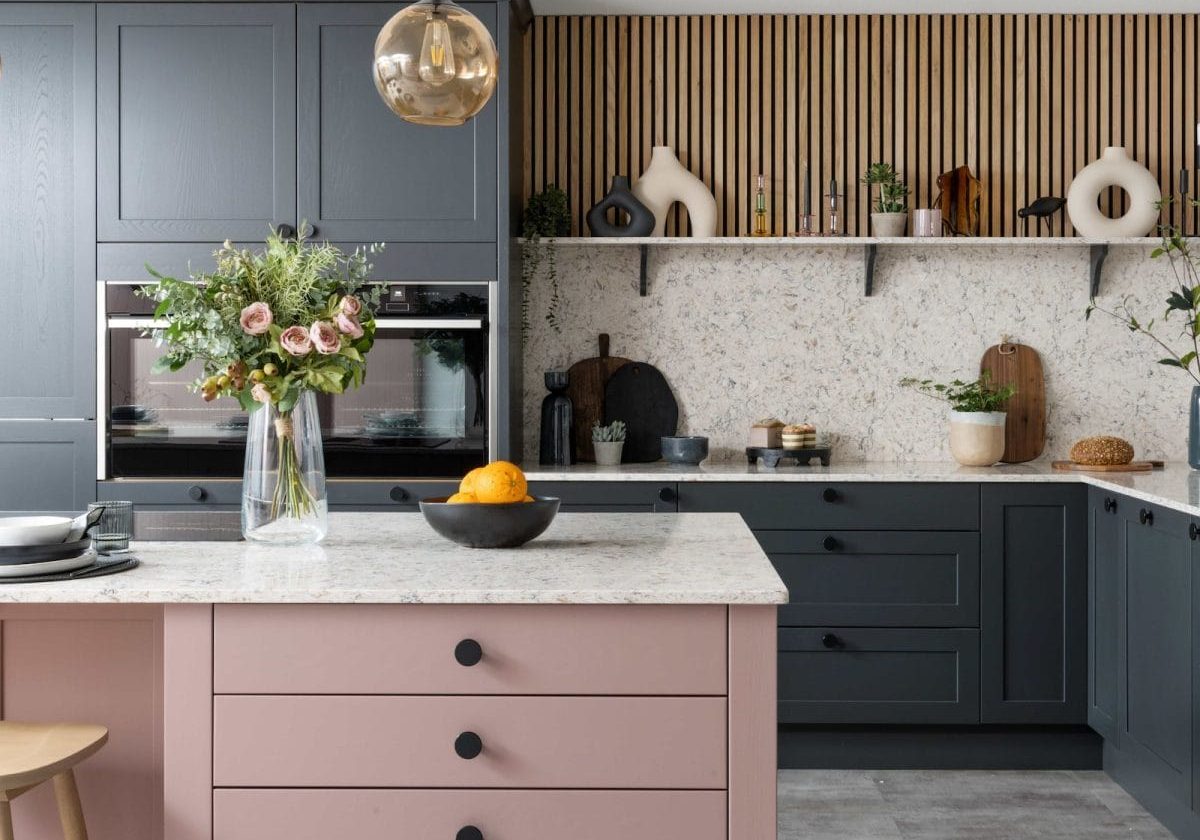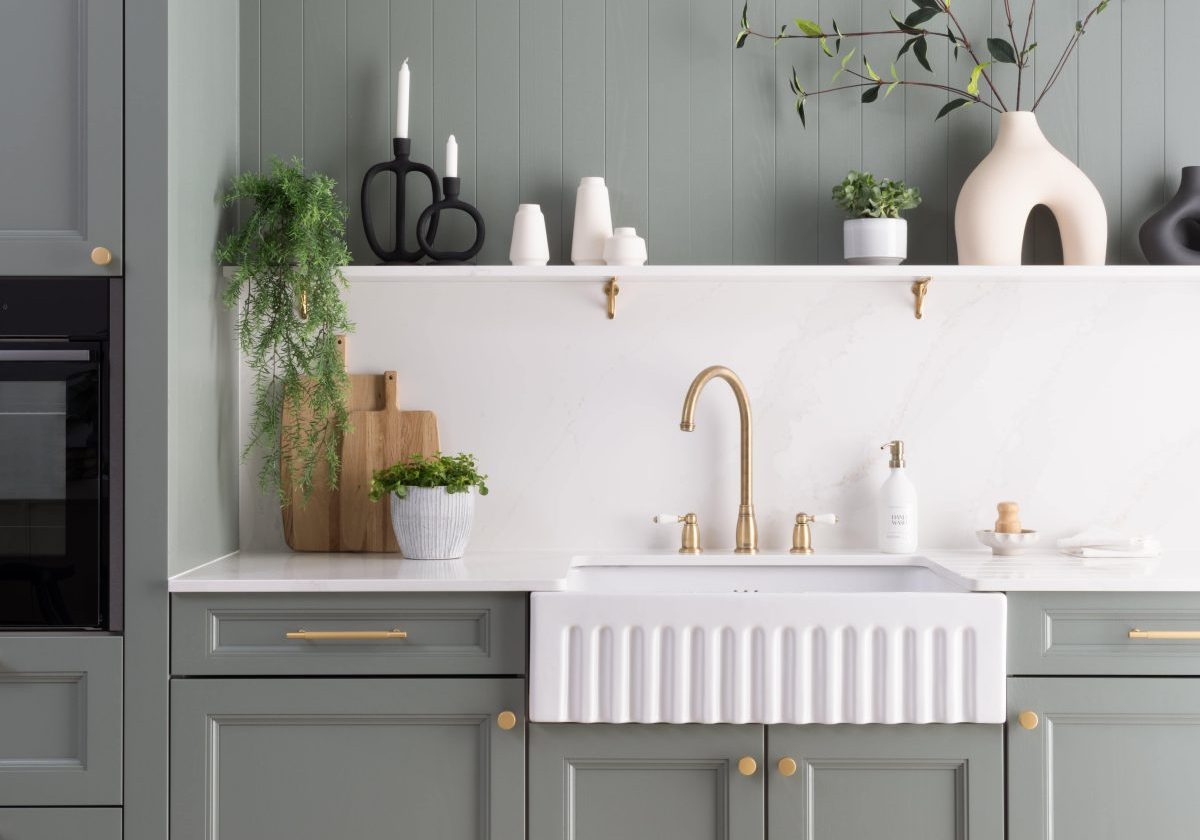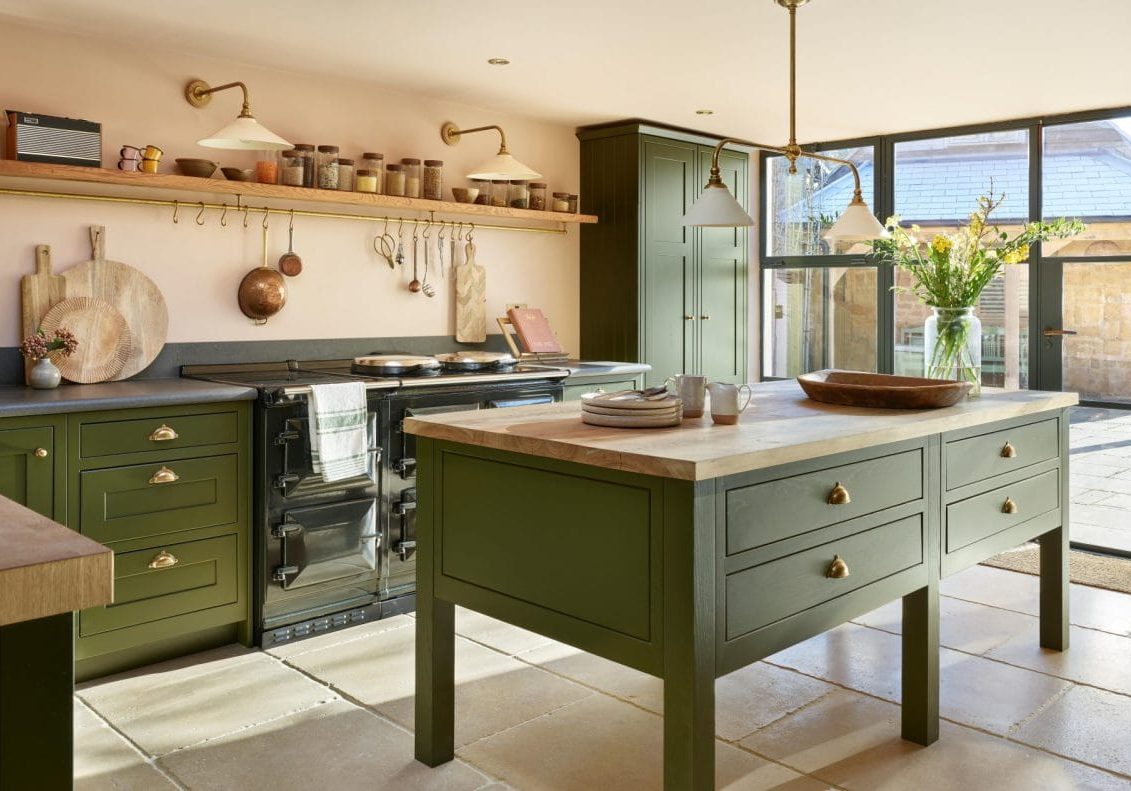Extraction is an important consideration for any kitchen design, although it can often be overlooked. With so many choices to make when planning a new kitchen, extractor fans and cooker hoods are often low down the list of priorities. However, with open plan design more popular than ever, creating a pleasant environment in which to cook, dine and relax is vital – lounging and socialising just don’t mix with the smell of frying.
Luckily, there are plenty of choices to suit any interior, from unobtrusive, ceiling-mounted models to eye-catching pendant extractors and super-practical downdraft designs, so there’s no need to sacrifice style for function.
The purpose of extraction is very simple, to remove any unwanted cooking smells, steam and grease from the kitchen. To do this, there are two options to consider, recirculation and extraction.
Extraction
This method simply means the used air in the kitchen is directly removed via a duct and expelled externally. It is a very effective process although can have some practical limitations during the design process.
Recirculation
Recirculating hoods offer great flexibility for when ducting is not possible. The used air is sucked from the room and filtered to remove grease, smoke and food smells and the recycled air is then pumped back into the room.
Dependant on what suits your kitchen design there is a broad choice to choose from. From statement to discreet, below we have outlined the various options available and a selection of our recommended products.
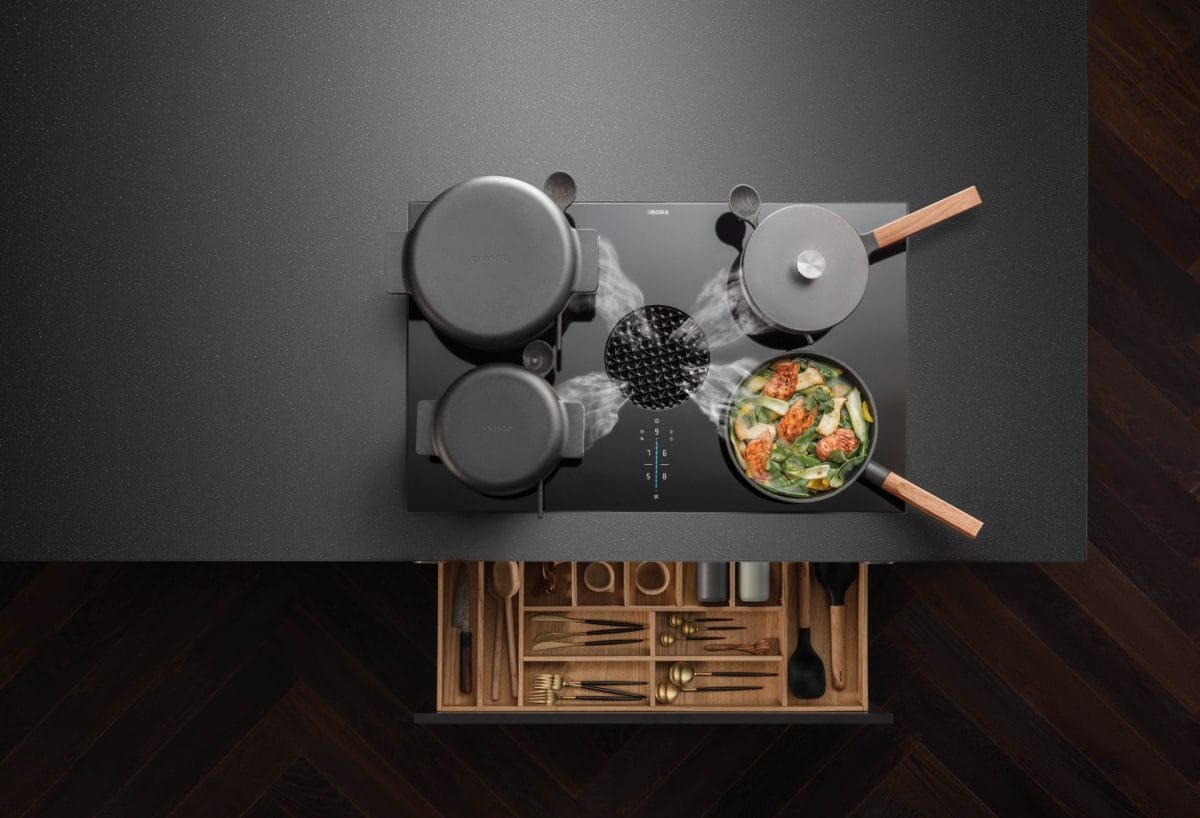
Venting hobs
The next big thing in kitchen design. Venting hobs combine a flex induction hob with integrated extraction.
Cook like a master chef without making your house smell like a restaurant. Neff and Siemens inductionAir hobs have a ventilation system built in, so they remove steam and smells at source.
Another German brand are leading the way with innovation and design excellence too, learn more about BORA here.
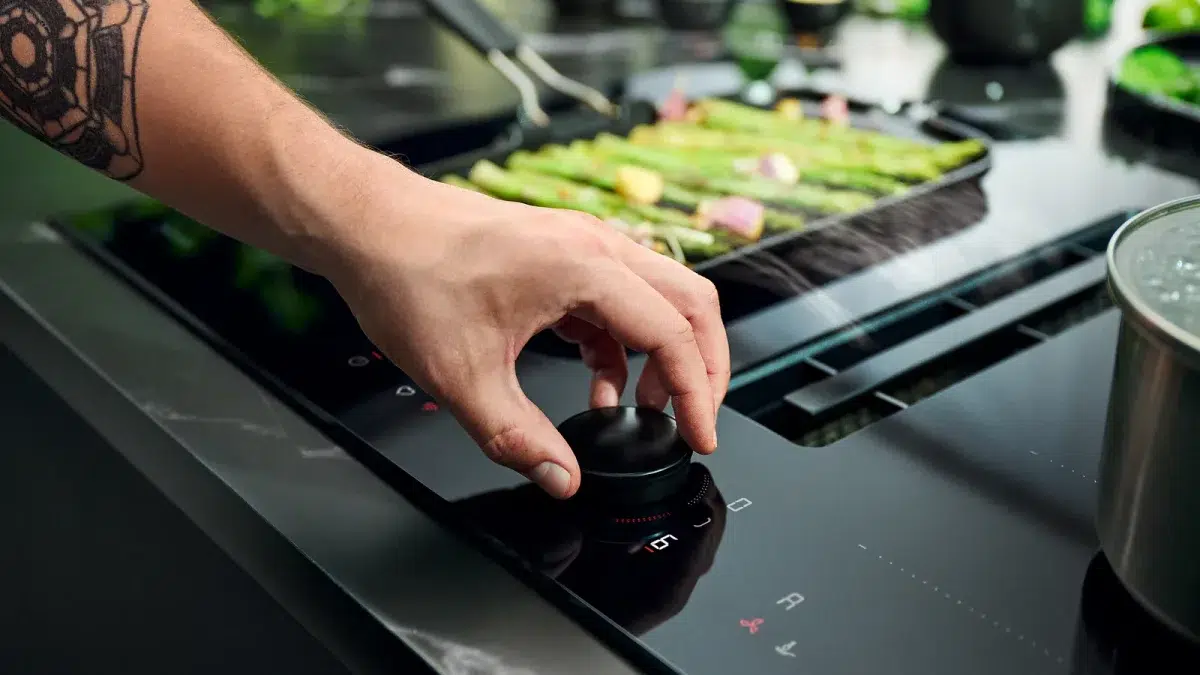
Downdraft
The downdraft extractor is perfectly designed as a discreet appliance for when hob placement is within an island. It will cleverly rise out of the worktop when in use and then simply return afterwards to reinstate a clean lined workspace. Dependant on location downdraft extractors are suitable for either ducting or recirculation.
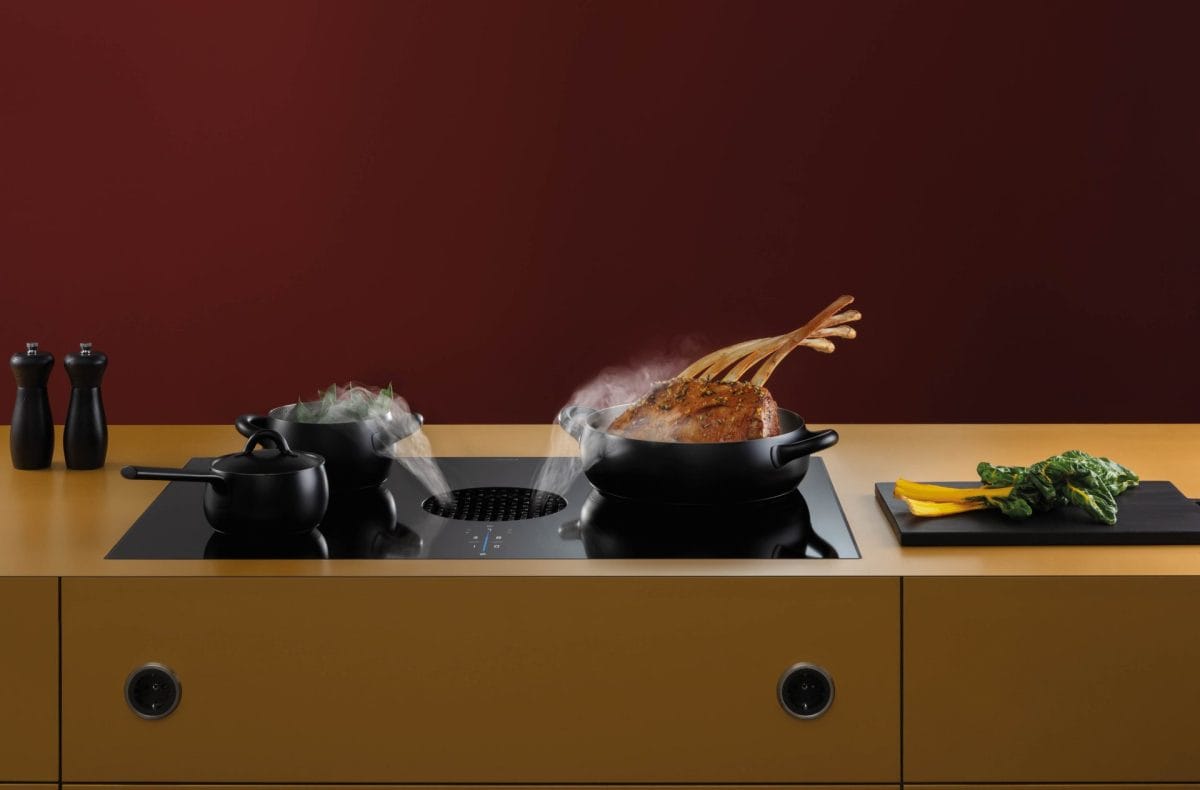
Ceiling
Ceiling extractors are installed directly above the hob and recessed in to the ceiling void, or a boxing can be created to house the extractor if the void space in the ceiling is not sufficient. Because there is no need for a wall mounted cooker hood or downdraft extractor there are more options for the kitchen design, often providing more worktop space.
Integrated
The traditional integrated hood is a great cost-effective design that is suitable for both ducting or recirculation and also available in a telescopic style. Although this style has been around for some time, when married with contemporary wall units their subtlety ensures the kitchen design is not affected.
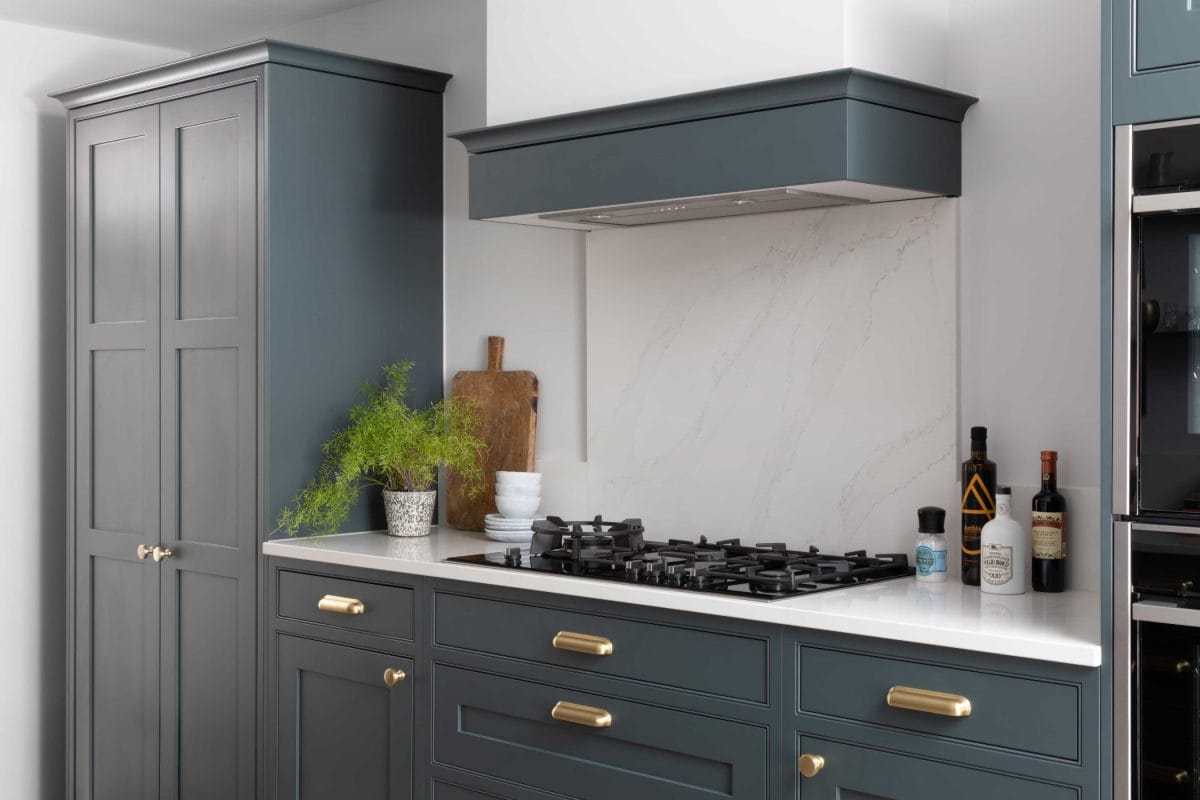
Wall mounted cooker hoods
Perfect for when a hob is installed facing a wall, a wall extractor can create a focal point within the kitchen. With various design styles from a classic chimney to a more contemporary angled style they suit modern and traditional styles of kitchen.
Hoods installed on the wall can be used to create a design feature in themselves, adding a focal point to your kitchen while offering powerful extraction for all types of cooking.
Pendant
Suspended from the ceiling, this decorative style blurs the line between light fitting and appliance when installed above an island. This decorative option is only suitable for recirculation but creates an eye catching focal point in any kitchen design.
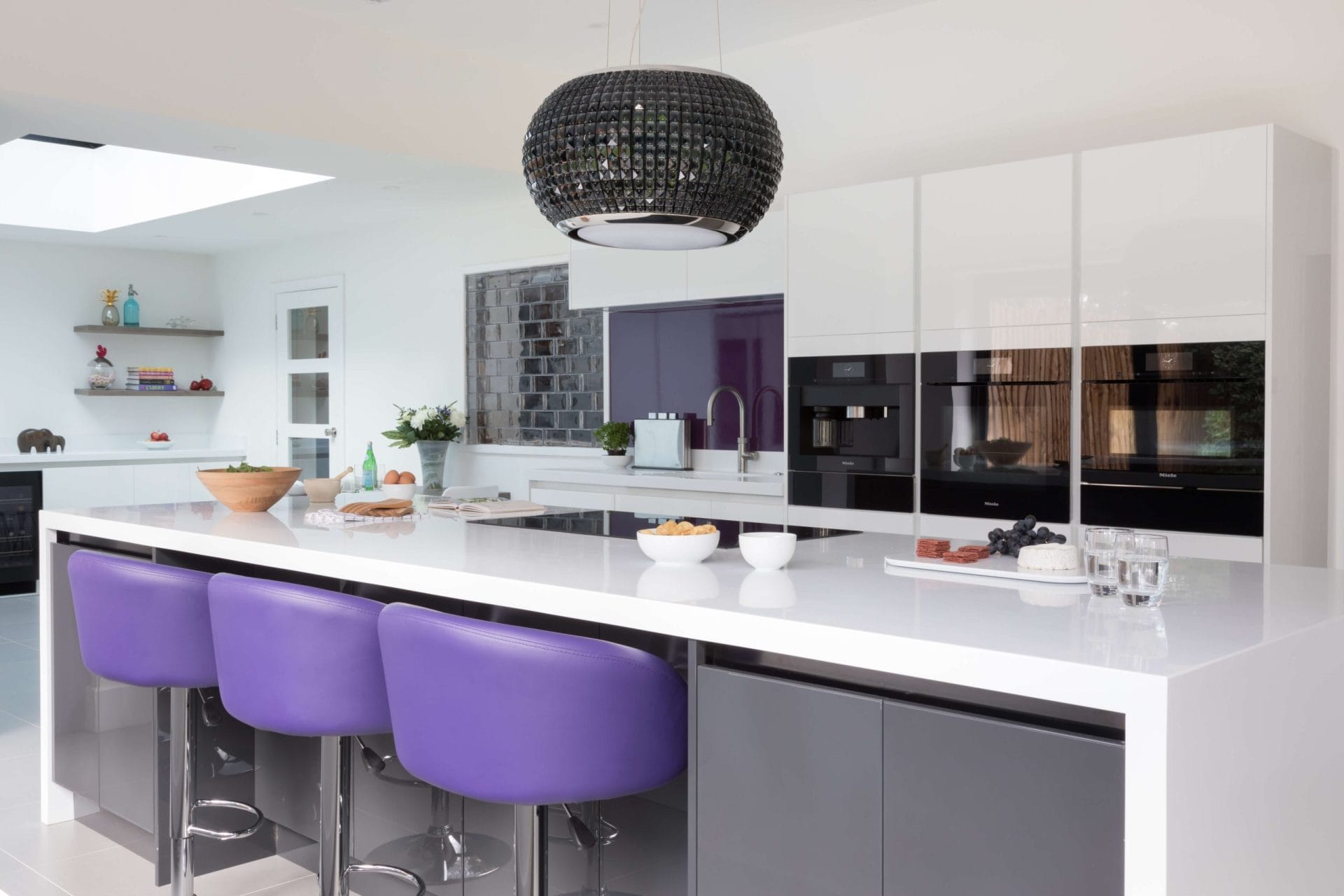
Island
The key difference between an Island and a Pendant hood is that an island hood offers the scope for ducting out. Therefore if this is a must for your design luckily there is a variety of styles available including statement pieces to create a stunning focal point.
For help planning your perfect kitchen, visit one of our showrooms or get in touch on 01527 66740.


